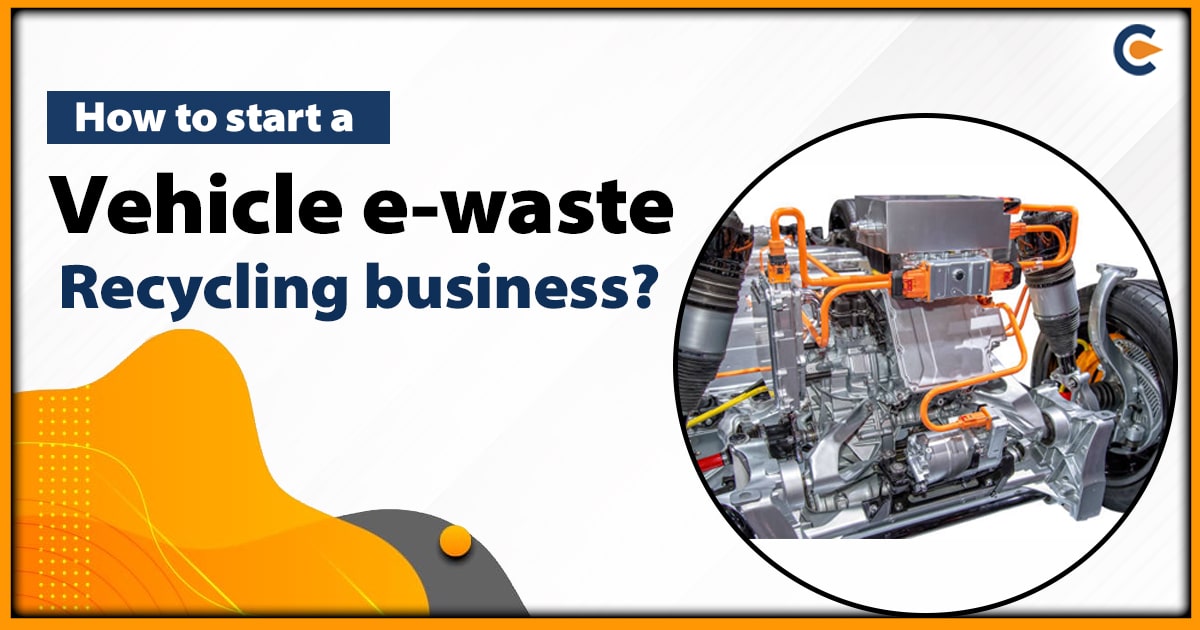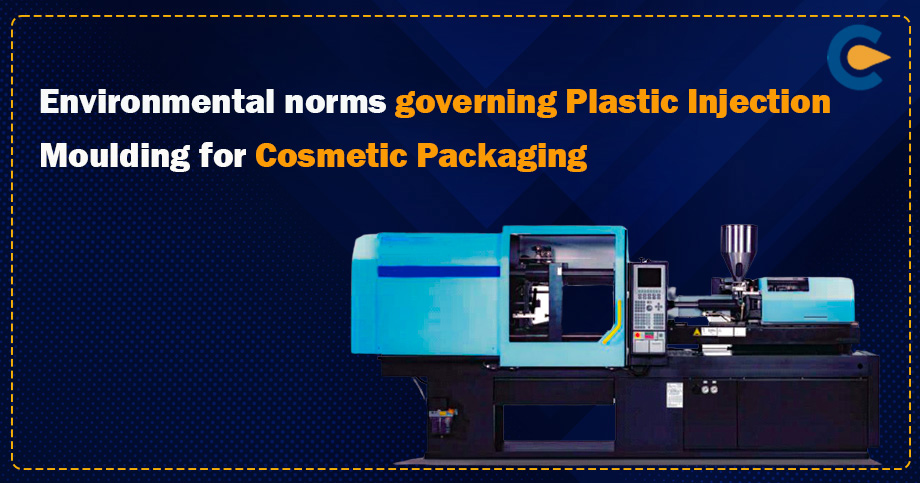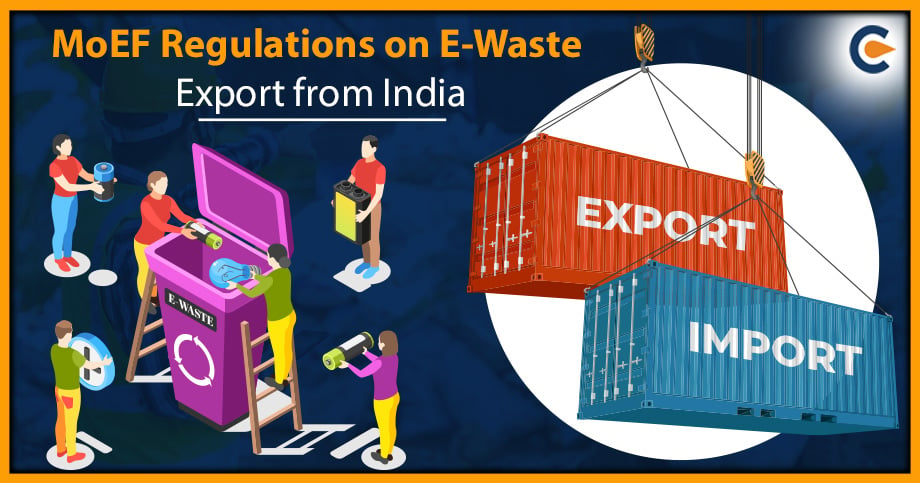India, one of the world’s most populous countries and a rapidly emerging global economic power faces a significant issue in managing its vehicle E-waste. Electronics that have reached the end of their useful lives or have become outdated due to quick technical improvements are considered electronic waste, or e-waste. According to the UN’s Global E-Waste Monitor 2020, India is the third-largest waste generator in the world and is already dealing with a significant e-waste issue.
The Indian E-waste legal framework has experienced significant transformations over the years, and it is only in the recent past that EPR and E-waste collection have been accepted. Excessive amounts of waste from electronic vehicle batteries offered a special chance to develop a home recycling business, which is still in its early stages. With the increase of electronic vehicles in the country, the question is where will all these vehicle E-waste go? How to deal with it? This is where the vehicle E-waste recycling business comes into play.
What is Vehicle E-Waste?
Vehicle e-waste is basically all the electronic waste found in the vehicles. The vehicle e-waste can included the various parts of the automobiles. All the electronic parts that are found inside the vehicles can be recycled. These electronic waste parts of the vehicles are known as vehicle e-waste.
Why is it Important to Recycle Vehicle E-Waste?
There are several advantageous applications for recycling vehicle e-waste. It includes safeguarding the health of people in the society and the environment, for example, by preventing that vehicle e-waste from ending up in landfills, or extracting the components from the devices that are still functional and giving producers recycled metal to utilize in the creation of new goods.
When the vehicle e-waste is recycled, it saves a lot of energy. It also helps reduce greenhouse gases in the environment. Recycling vehicle e-waste also plays a leading role in promoting a sustainable environment; the resources can be conversed on a large scale when the vehicle e-waste is recycled.
Opportunity in the E-waste Recycling Business
- Electronic waste stands as a foremost global source of pollution, an acknowledged environmental hazard. However, this challenge also presents daring entrepreneurs with a remarkable chance to establish their own e-waste management ventures. India ranks among the leading generators of electronic waste, creating a substantial arena for business prospects in this field.
- It is vital to recognize that not all e-waste is disposable; a portion remains functional for extended periods. This usable fraction can be extracted and supplied to Original Equipment Manufacturers (OEMs) and certified refurbishers as raw material. Consequently, those scouting for e-waste business avenues can initiate dismantling facilities, catering to these industries for enduring periods.
- Another avenue within e-waste is establishing recycling facilities. E-waste recyclers can transform discarded electronics into usable components.
- E-waste inventory management offers another sustainable and growth-oriented business potential. The demand for e-waste is notably high, particularly within the refurbishment and recycling sectors.
Vehicle E-Waste Recycling Business: Key Benefits
Whenever someone decides to start a new business, they often get this question – why start this business? So let’s see some of the key benefits of the vehicle e-waste recycling business:
- Support from Government
The Indian government recognizes the significance of e-waste management and has implemented several laws and regulations to promote the recycling of vehicle e-waste. The government wishes to work with organizations that are attempting to enhance India’s handling and management of e-waste. Incentives, tax breaks, and subsidies are offered by the government to encourage the recycling of automobile e-waste in India.
- Creating Employment Opportunities
One of the other benefits of the vehicle e-waste recycling business is that it can generate a lot of job prospects for technicians, engineers, and administrative personnel, along with other skill levels workers. This can support community improvement and local economic growth. So, starting a vehicle e-waste business plays a crucial role in creating employment opportunities.
- Environmental Benefits
Reducing pollution and safeguarding the environment need recycling. Instead of being burned or disposed of in landfills, recycling e-waste reduces greenhouse gas emissions and uses less energy and water. Therefore, launching a car recycling company in India is a great idea.
- Vast Market
India has a very vast market for starting a business of vehicle e-waste recycling. India produces millions of tons of waste annually, which opens up a massive opportunity for companies that engage in recycling. From paper and vehicle e-waste to plastic waste and organic materials, the possibilities are virtually limitless. In addition to creating valuable goods and raw materials, you can support the circular economy by utilizing this enormous market potential.
Who can start a Vehicle E-Waste Recycling Business?
The following organizations are qualified to apply for an E-waste recycling license in relation to starting a business of vehicle e-waste recycling in India in accordance with the guidelines established by the Ministry of Environment, Forests, and Climate Change (MoEFCC):
- Designated Agency
- Organization
- Company
- Any Individual
- Registered Society
- Association
In accordance with these rules, any organization that handles, gathers, stores, and recycles vehicle e-waste needs to obtain an electronic waste license from the State Pollution Control Board (SPCB).
Vehicle E-Waste Recycling Business: Essential Points to Consider
Before starting a vehicle e-waste recycling business, there are some essential points that need to be considered.
- It is very essential to learn about all the key components of the vehicle e-waste recycling business. Without the basic knowledge regarding the vehicle e-waste recycling business, you can face many problems in the later stage.
- Always proceed with a plan. It is imperative to make a detailed plan that will include all the key information relating to the vehicle e-waste recycling business.
- There are various licenses, permits, and registrations that must be complied with in order to be in regulatory compliance. Ensure that all these are fully completed.
- Having a business model for a vehicle e-waste recycling business is crucial, the type on company registration is also to be decided beforehand the registration process has to be started.
Vehicle E-Waste Recycling Business: Vital Permits and Licenses
Some of the crucial licenses and registrations required for a business of vehicle e-waste recycling are as follows:
- E-Waste Recycling License
One of the most essential licenses needed before starting the business for recycling vehicle e-waste is to get an E-waste recycling license in India.
- GST Registration
Businesses that have revenue above the threshold of Rs. 40 lakh, Rs. 20 lakh, or Rs. 10 lakh, depending on the situation, are required under the Goods and Services Tax (GST) to register as regular taxable persons. We refer to it as GST registration. It is required for some business to register under the GST, the same is for a business for recycling vehicle e-waste.
- MSME Registration
Applications for MSME registration are accepted from businesses that meet the MSME categorization criteria, which classify them as Micro, Small, and Medium-Sized Enterprises (MSME). Applications for MSME registration are accepted from entities with annual sales of less than Rs. 250 crore and an investment below Rs. 50 crore, including partnerships, corporations, trusts, and societies. However, an individual is not qualified to submit an MSME registration application.
- Business Registration
The legal procedure of registering a corporate entity with government officials is referred to as business registration. Depending on the kind of business entity, company registration with the Ministry of Corporate Affairs (MCA) or other pertinent agencies is required for all businesses operating in India. By registering a business, you can make it a separate legal entity with rights and obligations that are not related to the owners. Companies should register because it gives them legal protection, increases their credibility, and makes it possible for them to comply with a variety of legal and tax obligations. Getting a unique identity number, acquiring the required licenses and permissions, and meeting other legal and regulatory requirements are all part of the process of registering a business in India.
- Permission from State Pollution Control Board
Before starting a business of recycling vehicle e-waste, it is very essential to get the permission of the State Pollution Control Board (SPCB), in the state which the business is going to be started. It is mandatory to get the approval of the SPCB.
The above mentioned licenses and registration are not exhaustive. There can be many additional licenses, registrations and permits that can be needed as per the business and the location requirement.
Conclusion
In conclusion, to set apart your vehicle e-waste recycling business from the competition, you will need a solid business plan as well as strong legal and financial knowledge. Establishing a new business is never easy, but with the correct information, careful planning, diligence, and useful tools, it can be made much simpler.
Corpbiz helps enthusiastic entrepreneurs who want to start a vehicle e-waste recycling business. Experts at Corpbiz have decades of experience in company registration, various licensing and administrative process that are needed for a vehicle e-waste recycling business.
Frequently Asked Questions
Is a vehicle e-waste recycling business profitable?
A vehicle e-waste recycling business yields financial gains, given that the procedure is carried out with efficiency. In order to be profitable, a business needs to evaluate its unique needs carefully.
Why is recycling vehicle e-waste important?
Recycling vehicle e-waste is a critical step in preventing environmental harm. We protect ecosystems and public health by recycling electrical gadgets found in the vehicles and preventing the release of dangerous elements into the environment.
What role does recycling waste play?
We make the earth healthier for ourselves and future generations by recycling vehicle e-waste. It also preserves natural resources. Recycling reduces the need to use resources for new products, like water, minerals, and wood.
What is e-waste's primary goal?
Managing e-waste primarily aims to reduce, reuse, and recycle. Valuable coverings or recyclable materials can be found inside some of the e-waste.
What environmental effects does e-waste have?
E-waste can be hazardous, doesn't biodegrade, and builds up in the soil, water, air, and living things.
What use does recycling e-waste have?
The main reason electronics are recycled is to recover valuable, scarce rare earth and precious metals together with polymers and metals. After being purified, these are resold or used in new gadgets, so establishing a circular economy.
What distinguishes recycling from e-waste?
Electronic equipment that are no longer in use or have reached the end of their useful life are referred to as “e-waste,” and recycling is the process of turning e-waste into recyclable materials using a variety of methods.
Are there any licenses and permits that I will need at the time of starting a vehicle e-waste recycling business?
Yes, there are some mandatory compliances, licenses and permits that are needed at the time of starting a vehicle e-waste recycling business.
Is GST required by a vehicle e-waste recycling business?
Yes, if the business crosses the GST threshold, then it is compulsory for the vehicle e-waste recycling business to get a GST registration.
Is there a need to register a vehicle e-waste recycling business?
Yes, whenever starting a business of any kind, company registration is essential as it provides the business and the business owner many benefits in the future.
Read Our Article: An Overview Of The E-Waste Recycling Business











